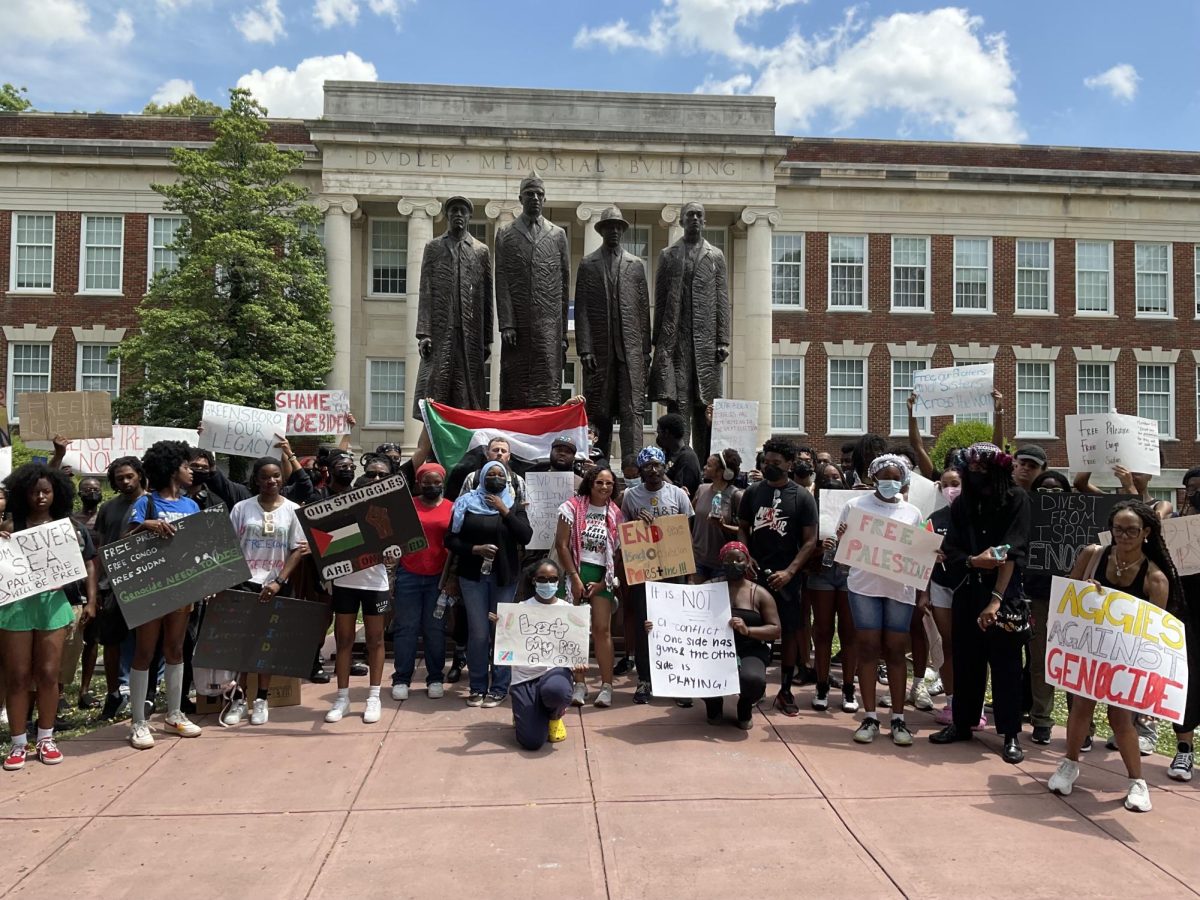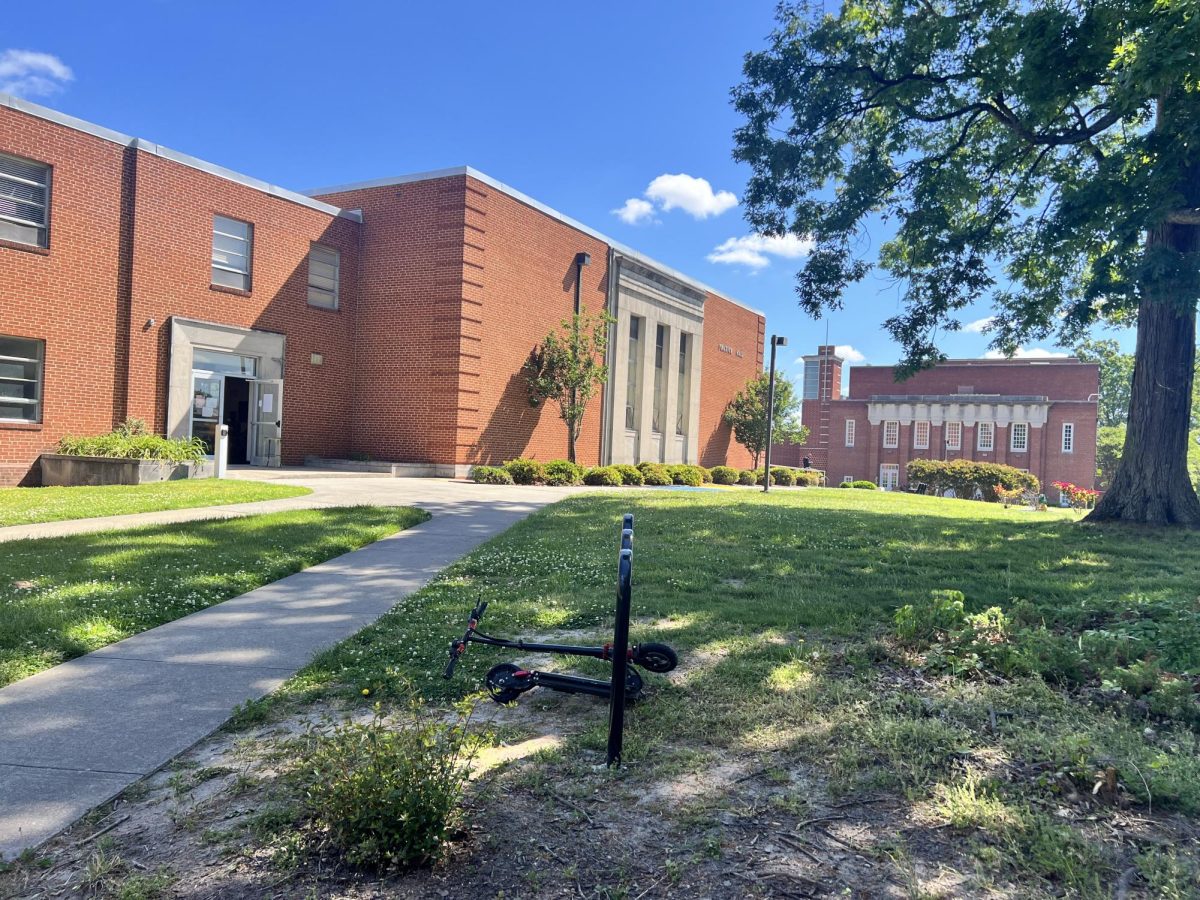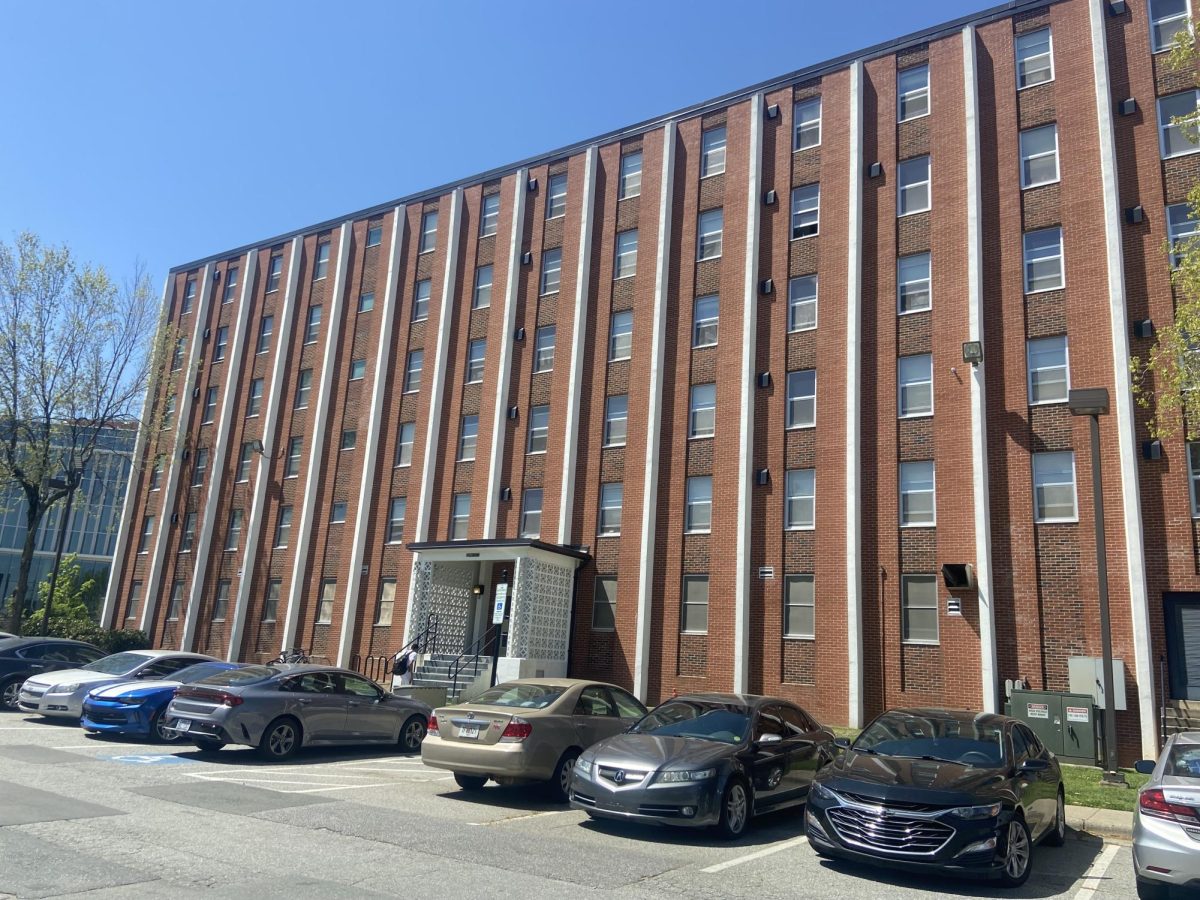On Monday, Jan. 27, the leading humanitarian agency in Gaza lost funding from 9 significant countries after Israel accused employees of involvement with Hamas.
The United Nations Relief and Works Agency for Palestinian Refugees (UNRWA) provides resources for refugees in Gaza. Their work includes managing 58 refugee camps, creating schools, and building infrastructure in Palestine and other countries occupied by Israel.
The UNRWA, founded in 1948, remains the leading food, shelter, and healthcare provider throughout the present-day war in Gaza. They also deliver aid in East Jerusalem, Jordan, Lebanon and Syria.
This organization receives funding from powerful nations; a smaller portion comes from company partnerships.
On Jan. 27, Israel released documents alleging that 12 UNRWA employees were working with the Palestinian militant group Hamas in the Oct. 7 attacks. The report prompted the United States, France, and other countries to withdraw funding from the UNRWA. Money from national governments contributes to roughly 89.2% of how the U.N. aid group funds its humanitarian efforts.
N.C. A&T English professor Bryon Turman said some countries withdrew from the UNRWA because of their diplomatic connections with the Israeli government.
“I think [the decision] is a political exercise to appease Israel,” said Turman.
Before the withdrawal decision, the Palestinian-Israeli conflict had gone on for over 70 years. But violence reignited in early October when a Palestinian nationalist movement called Hamas killed 1,400 Israeli citizens and took hundreds of hostages.
Since then, Israel responded by bombing Gaza, and the groups have been at war. Palestinians have been displaced around the Gaza Strip and in conflict with Israeli forces.
With military attacks happening every day, there have been 28,000 reported Palestinian deaths. Over 2.2 million people in Gaza are homeless, malnourished, or affected by the disease, and the region is dependent on U.N. aid to assist with this reality.
Freshman visual arts and design student Laila Lyte shared her opinion on the recent development.
“People in Gaza are at risk of famine, [the United States] should donate more to the people of Gaza and lead by example,” Lyte said.
Contributions from the United States ranked the highest with a $121 million budget for this year. Although funding has stopped, the U.S. State Department said that all but $300,000 was sent to the UNRWA before making this decision.
Six countries removed their funding on the day the Israeli documents were released. Within days, the total reached 18 countries that stopped supporting the UNRWA. However, nations like Ireland and Spain said they do not plan to stop funding the agency.
“I think those countries have done the math,” Turman said. “It would be like if the U.S. government ended all funding in Black communities because of what the Black Panthers were doing.”
The UNRWA provides relief for Palestinians in the Gaza Strip, but it is only one of nine United Nations humanitarian groups. Other global organizations include UNICEF, U.N. Women and the World Food Programme.
Zacarri Brown, a senior fashion merchandising and design student, said the U.N. should consider whether its other aid organizations will be impacted.
“The situation in Gaza highlights the vulnerability of such funding models,” Brown said.
The United Nations receives more than half of its funding from government budgets, and these donations are distributed across all humanitarian agencies.
“The [other] agencies might need to explore diversifying their funding sources or engaging in diplomatic efforts to secure sustained support,” Brown said.
But the United Nations also accepts humanitarian assistance from everyday people. The UNRWA can receive donations in the U.S. through its website.
With the credibility of the UNRWA under question and reduced money for its efforts, it is unsure whether the organization will withstand this new change in financing.
“Even if someone can’t give money, sharing posts and links to donations are helpful and will potentially reach someone who can,” Lyte said.
To receive information about the UNRWA and what is happening in Gaza, follow their Instagram or stay updated on their website.







